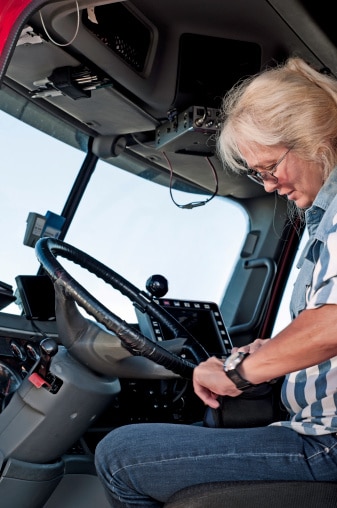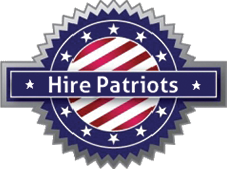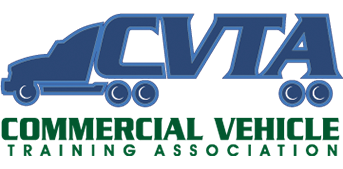Not every job allows you the opportunity to bring your spouse to the office with you every day. But trucking does, and if both spouses earn commercial driver’s licenses (CDLs), then they can form an ideally compatible driving team. There are quite a few benefits to driving with your spouse, but be sure to talk it over carefully before taking the plunge. When you and your spouse sign up for a CDL training course, you’ll both learn exactly what to expect from life on the road.
Spouse driving teams can earn more money.
Truck drivers are paid by the mile. The more miles you drive, the more money you earn. However, it’s mandatory for truckers to abide by work hour restrictions as determined by federal and state law. These restrictions are in place to protect the health and safety of truckers, as well as the safety of everyone else on the roadways. If your spouse also obtains a CDL and you two decide to form a trucker team, then you can drive more miles and earn more money. One of you will rest while the other drives, alternating according to the regulations.
Driving with a spouse eliminates loneliness.
Not all truckers are gone for days or weeks at a time. Some decide to pick up local routes only, allowing them to be home with their families on a regular basis. However, the trucking life can still be tough for families, and it stands to reason that some truckers may experience a little loneliness now and then while on the road. If you decide to drive with your spouse, it can renew your marriage and eliminate loneliness behind the wheel.
Your family is invited to attend the next open house at Yuma Truck Driving School, during which you and your spouse can take a turn behind the wheel of a big rig. Give us a call today at (888) 647-3239 to inquire about our next open house at our location in Yuma, AZ.










